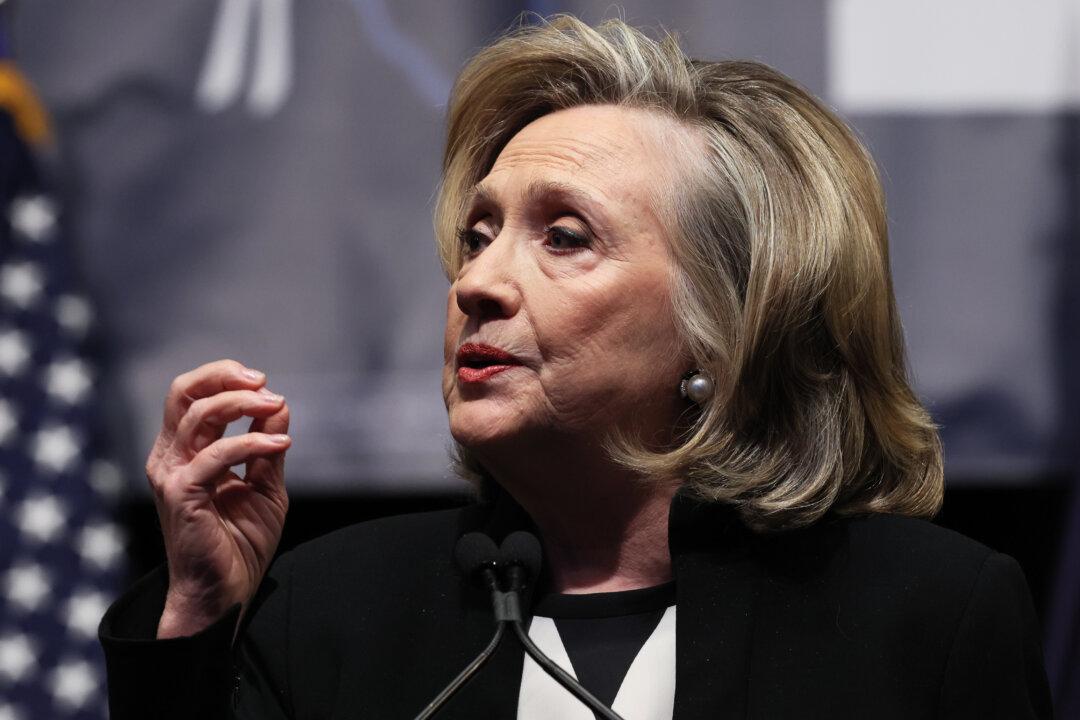Hillary Clinton’s 2016 presidential campaign and the Democratic National Committee (DNC) labeled payments that went to Fusion GPS for opposition research against her rival Donald Trump as going to legal services, the Federal Election Commission (FEC) has determined.
A yearslong investigation into the matter, triggered by multiple complaints, led commission lawyers to conclude that payments reported as legal services actually went to Fusion to dig into Trump, documents released on April 28 show.





